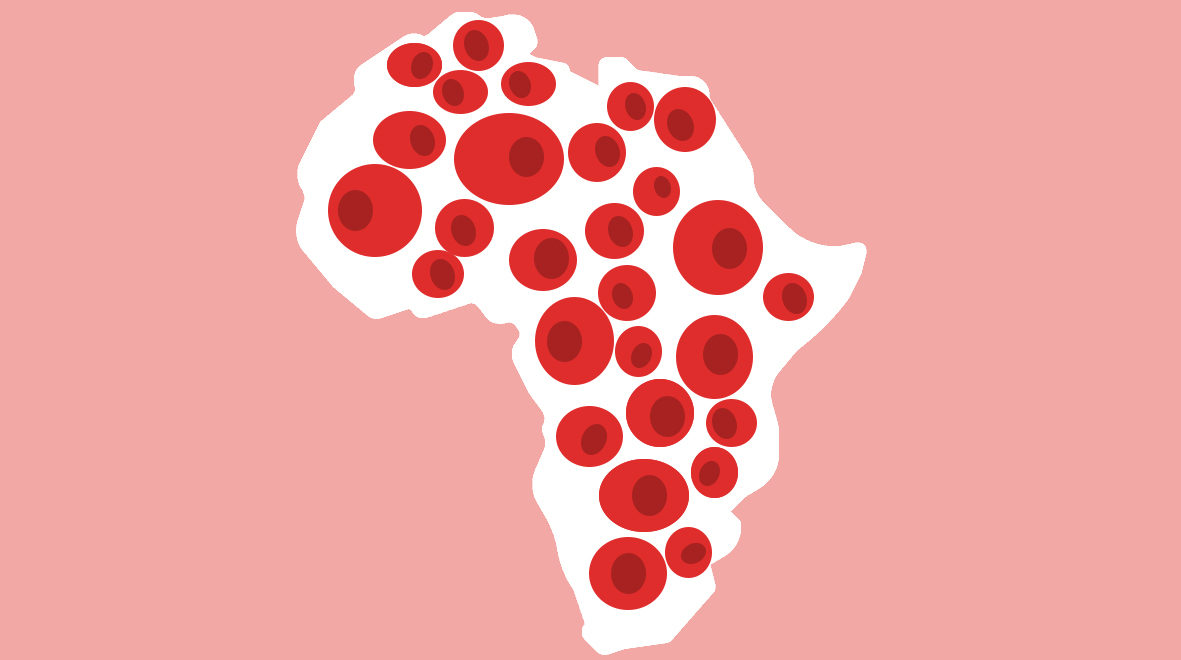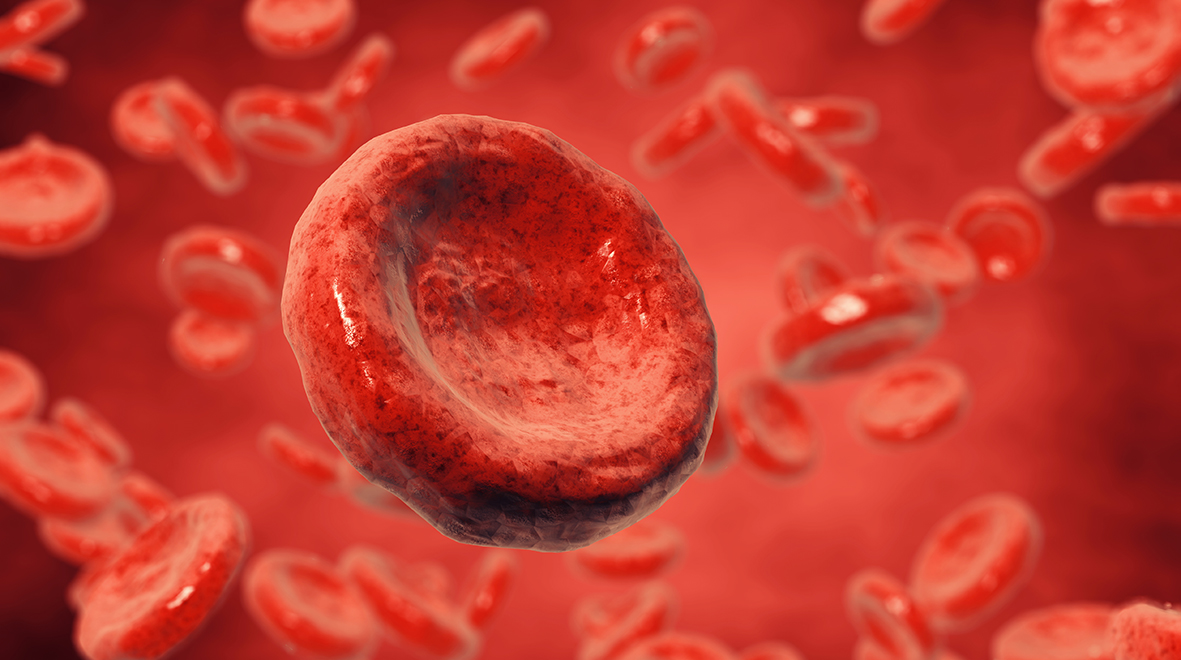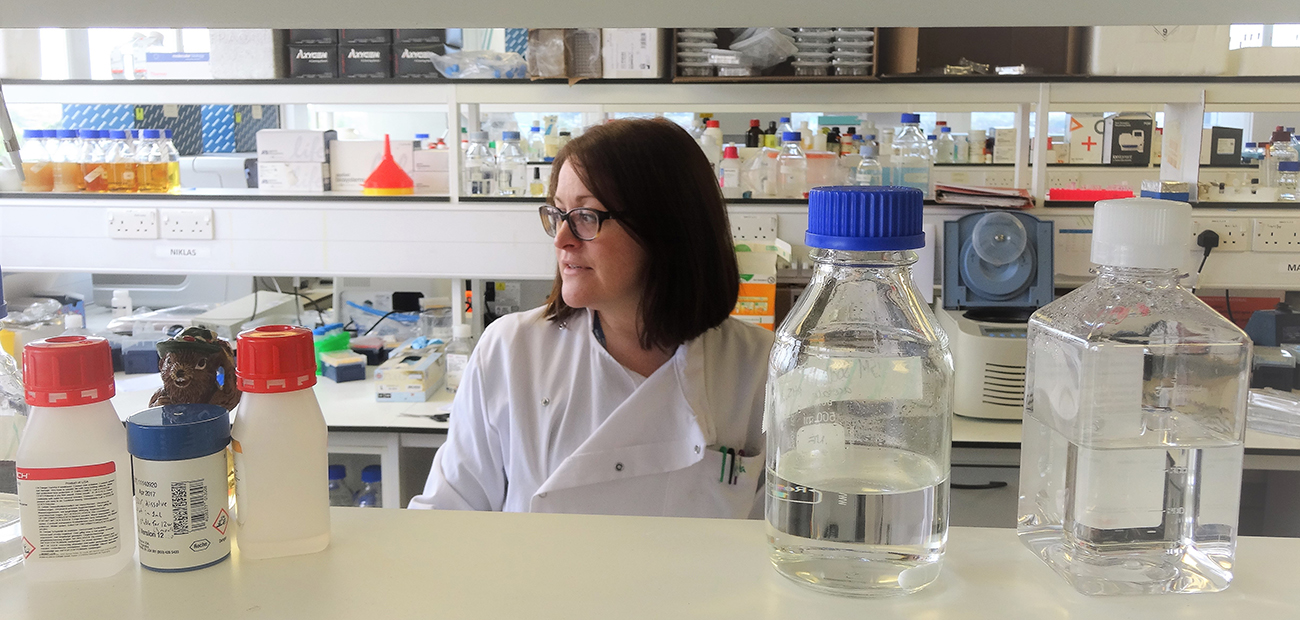Blood transfusion in sub-Saharan Africa: 200 years on

200 years on from the first successful human-to-human blood transfusion, this procedure has revolutionised patient care. However, there is still work to be done in sub-Saharan Africa, as Professor Kathryn Maitland explains.
Each year, around 2.5 million units of blood are transfused in the UK – that’s enough to fill two Olympic sized swimming pools! Since James Blundell performed the first successful human blood transfusion in 1818, this life-saving medical intervention has made many advances to ensure its accessed throughout the world. An important part of this is ensuring that any health system has adequate supplies of quality-assured and safe blood for transfusion through national and regional blood transfusion services (BTS). (more…)

